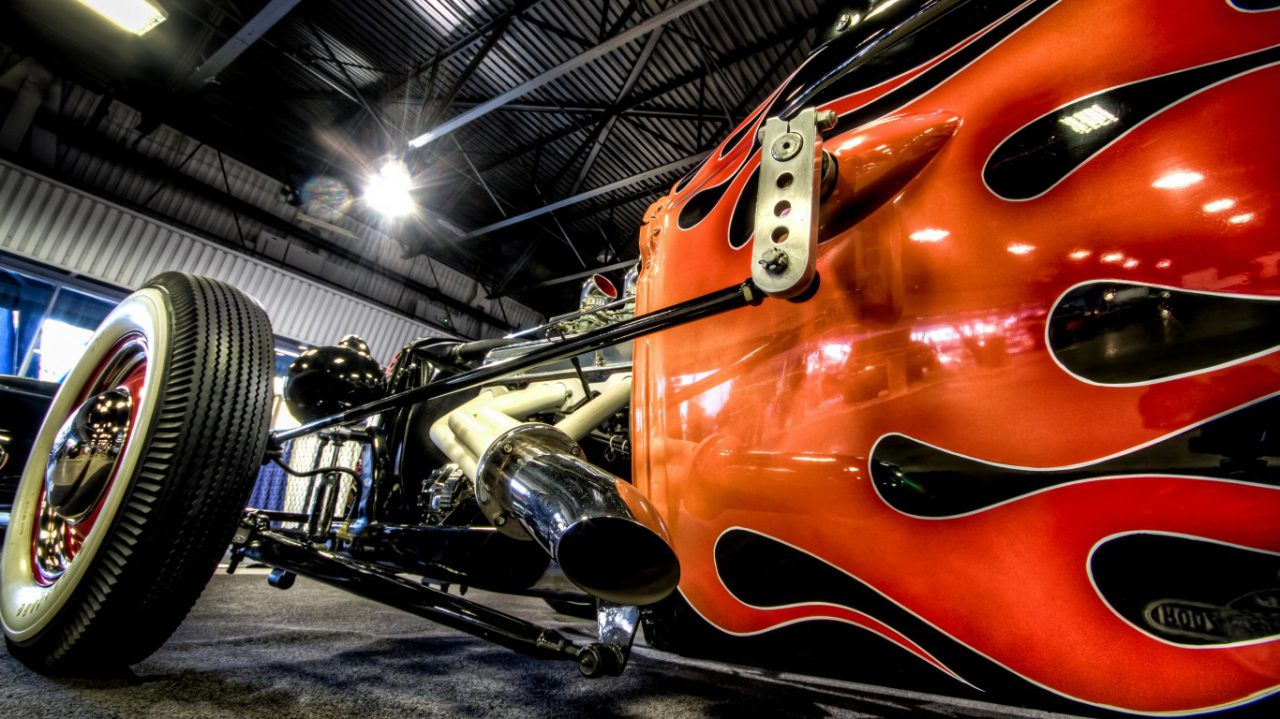
During the late summer of 2014, while sitting at my apartment editing a video, I had received a frantic phone call from one of my church members. They told me that there sister had pulled into one of the local grocery stores (I know which store it was. They told me. I’m not just going to tell you) to get a few items. When she pulled in, everthing went fine, but when she got back into her vehicle, that’s when everyhing went wrong. She told me once she started her vehicle and applied brake pressure, her brake pedal immediately lost all of its pressure and dropped to the floor. She said according to her sister it was fine when she pulled in. She wanted know if I could take a look at it. Before answering her question, I immediately became concern. To have brake pressure when pulling into somewhere and then to have none is very unusual and very scray. My thought was one of three things. Either her sisters brake lines rusted out, or one of the brake hoses wore out, or someone cut the brake hose or line. Either way, it’s not good. I then looked at my clock. It was 10pm. Unfortunately, I told her because of how late it was, I couldn’t help her. It’s dark out and even when I discover the issue, there aren’t going to be any parts stores open. I told her to take her sister with her and go to Walmart or to a gas station and pick up some DOT 3 brake fluid and over fill the brake resovoir. Typically your not supposed to over fill it. There’s an indicator line on them to as to how much your supposed to add, but because she has no brake pressure, this situation was ok. I told them to buy two bottles. Use one to fill it up and then drive the vehicle home slowly, with the hazzard lights on. I would take a look at it the following day. They asked me what’s the second bottle for. I told them it was to fill it up again for the following day. I would have to drive it to my friends garage, so there needs to be some brake fluid in it to get some pressure. They said that makes sense. So, the following morning, I went to go pick up and drove it to my friends garage. While I was there, my church member met me there. They wanted to see and what happened to cause the issue. I jacked the vehicle up, rested it on jack stands, took the tires off, popped the hood, and then began my investigation. The first thing I did was pull the brake resovoir cap off and toped it off with brake fluid. Depress the brake pedal a few times and then walked over to the vehicle to see if any leaks were to be found. I worked from the master cylinder, to the brake lines, and then to the brake hoses. Both the master cylinder and the lines were fine. The driver side hose was fine, but the passenger side was completey worn. Not only worn, but rotted and cut in several places.

When I showed my discovery to my church member, they were shocked, mad, and wanted to know what could have caused that. I told them because this a rubber line, whenever you turn the front wheels or hit any bumps on the road, this line moves whatever the tires or suspension is doing. After moving so many times, eventually the rubber wears out (this includes weather conditions). By looking it at it, it appears her sister was loosing brake pressure a while ago. Either way, it had to be replaced. We went over to Nappa Auto Parts, got the new hose and a bottle of brake fluid. Replaced the line and then bled the brakes. Once pressure was regained, I gave the keys back to my church member, which she then gave back to her sister. Job done. The situation could have been much worse. Her sister could have been driving when she lost pressure. I’m just glad that didn’t happen and no one was hurt.



















